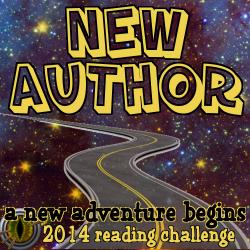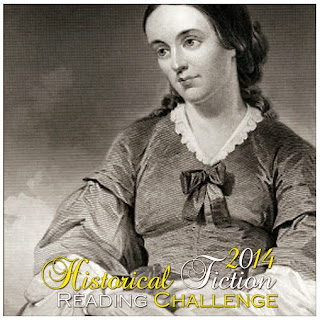![]() Eyes, Stones by Elana Bell, winner of the Walt Whitman Award, is a debut collection with two voices — two sides of the Palestinian-Israeli struggle — that demonstrates not only the pride of Palestinians, but also the pride of Israelis in their home. The initial poem, “The Dream,” (which could be a preface to the following three sections) establishes the somber tone for the book, but it also cautions that choices must be made in dreams even as they must be made when awake. A sentiment that is echoed again in “Notes from the Broken Notebook (part one): “cover your mouth, you’ll still inhale the gas/dance in the shadow of the concrete wall/tell yourself the tiles are not bones/even in a dream you must still make choices.” Bell is careful in her choice of language, but she does not shy away from the tumultuous moments in the region’s history, including the role of Arafat.
Eyes, Stones by Elana Bell, winner of the Walt Whitman Award, is a debut collection with two voices — two sides of the Palestinian-Israeli struggle — that demonstrates not only the pride of Palestinians, but also the pride of Israelis in their home. The initial poem, “The Dream,” (which could be a preface to the following three sections) establishes the somber tone for the book, but it also cautions that choices must be made in dreams even as they must be made when awake. A sentiment that is echoed again in “Notes from the Broken Notebook (part one): “cover your mouth, you’ll still inhale the gas/dance in the shadow of the concrete wall/tell yourself the tiles are not bones/even in a dream you must still make choices.” Bell is careful in her choice of language, but she does not shy away from the tumultuous moments in the region’s history, including the role of Arafat.
There is a great juxtaposition in the poem “Refugee,” which is about Ramla in 1948, between the new inhabitants of the house and the ones who have left. The refugees are entering the house with hope, a feeling of belonging and settlement on their minds, but there is this observance of what has come before — the quick ejection of the former residents, leaving the cupboards full and a few cans rolling on the floor. It is just one illustration of how something can symbolize hope and a new beginning to one person, but be the symbol of loss and an ending for another — much like the foreclosure can be for two different families.
There is a great reverence to the land and its cultivation, but there also is a reverence paid to the building of communities and the brokering of peace between the warring nations of Palestine, Jordan, and Israel. In many ways, the poems open up an unsaid dialogue about the possibility of not only understanding but even co-existence, maybe even peace. “You are not a place my love./You come from where/there are no names. You enter/as breath and drop/onto our sleeping tongues//” from “Charter for the Over-Sung Country” should remind readers that they are more than just their home country or the place where they live. In more than one poem, the narrator references the smell of dirt or soil after the rain, which could signify not only a cleansing of the past and a fresh future, but also the possibilities that the future holds.
There are a few poems that are letters to certain places in the region, and in “Letter to Jerusalem” the narrator talks of not crushing the bird too quickly, perhaps a reference to how the city grew out of the sand without regard to the consequences. In “Letter to Hebron,” the narrator wants to illustrate the truth of the city not the dream of the city. With its foul smells and the flies, but no matter how much or how long something is beat down into submission or sculpted one way, it can only be what it is — “That wooden doorway, hung without a house.” Does this mean one town is better than another or that one is more beautiful? No. It simply shows that there are dreams for these cities, but oftentimes reality falls short of those dreams, leaving the inhabitants looking through a doorway into a rough landscape.
Eyes, Stones by Elana Bell connects the struggles of these two peoples not in the traditional opposing sides, but through their similar perspectives of loss and hope. The collection also links the Holocaust survivors to the promise of Israel as the new homeland and incorporates biblical story with historical activists.
![]() About the Author:
About the Author:
Elana Bell is a bridge builder, able to walk compassionately through this complex world where many things are true at once. Whether through her soul-stirring poetry, her dynamic performances on the stage, or through her inspiring talks & workshops, she creates a space where all people’s voices and stories are heard and deeply valued.
Elana’s first collection of poetry, Eyes, Stones was selected by Fanny Howe as the winner of the 2011 Walt Whitman Award and was published by Lousiana State University Press in April 2012. Elana is the recipient of grants and fellowships from the Jerome Foundation, the Edward Albee Foundation, the AROHO Foundation, and the Drisha Institute. Her work has recently appeared in Harvard Review, Massachusetts Review, CALYX Journal, and elsewhere. Elana has led creative writing workshops for women in prison, for educators, for high school students in Israel, Palestine and throughout the five boroughs of New York City, as well as for the pioneering peace building and leadership organization, Seeds of Peace. She currently serves as the writer-in-residence for the Bronx Academy of Letters and lives in Brooklyn, New York.
Photo by Rachel Eliza Griffiths
![]()
This is my 4th book for the 2013 New Authors Challenge.
![]() This is my 3rd book for the Dive Into Poetry Challenge 2013.
This is my 3rd book for the Dive Into Poetry Challenge 2013.
What the book club thought:
There were mixed reactions to the book with one member not sure they understood many of the poems at all to one member that really loved the book. Several members thought the narrator did a pretty good job of demonstrating both sides in the Israeli-Palestine conflict through the eyes of those who had lived there and tilled the land for centuries to the Israelis seeking refuge and a new home after WWII. The poems of “Refugee,” “Visiting Auschwitz,” “Visiting Aide refugee camp,” and “On a Hilltop at the Nassar Farm” were among some of the poems talked about more in depth during the meeting, as well as the section of poems beginning with “God” and “What Else God Wanted.” In particular, it was noted in the religious section of poems that the “God” poem demonstrated a bit of bitterness, that was followed by the story of “Ishmael,” which seemed like it was being told to Ishmael as his poem comes first before the story of his conception. One poem that I found a bit cliche, but that touched something in the other members of the group was “In Another Country It Could Have Been Love.”
In terms of the book’s title, the members were not really thrilled about “Eyes, Stones.” While we see the references in several poems, we felt that another title might have been better suited to the collection. Perhaps, stones refers to the takeover of anger and other hard emotions that can shut out empathy, love, and understanding.
Later we had a discussion of how many of us read some or all of the poems aloud and whether that was helpful in understanding the poems, and I recommended that if we did do another poetry collection that it should be read aloud, at least the poems that do not generate an immediate impression. Secondly, we discussed how to read poems, particularly poems in free verse and how much pause should be given to the end of the line and to punctuation. Overall the discussion was all over the place, and some of us agreed that the collection was probably not the best selection for a beginning poetry reader or a group with little background knowledge on the Israeli-Palestine conflict and its beginnings, though Bell does offer some notations in the back to provide an anchor point for most of the poems.
 Aron Ralston, if you are not yet familiar wit his amazing recovery from being trapped in a Utah canyon, reads this abridged edition of his memoir, 127 Hours: Between a Rock and a Hard Place. In only five discs, listeners will get lessons in climbing equipment and the actual stamina and skill involved in hiking treacherous terrain out west. Ralston is a man who often likes to hike and climb alone to commune with nature, but also to be with himself in a way that allows him to just be and assess his own life.
Aron Ralston, if you are not yet familiar wit his amazing recovery from being trapped in a Utah canyon, reads this abridged edition of his memoir, 127 Hours: Between a Rock and a Hard Place. In only five discs, listeners will get lessons in climbing equipment and the actual stamina and skill involved in hiking treacherous terrain out west. Ralston is a man who often likes to hike and climb alone to commune with nature, but also to be with himself in a way that allows him to just be and assess his own life.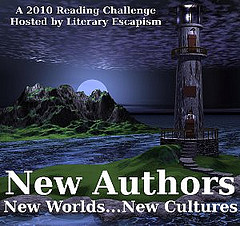


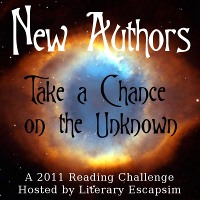
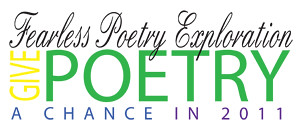

 About the Poet:
About the Poet: 
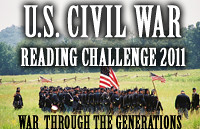

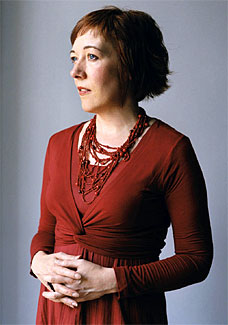 About the Author:
About the Author:

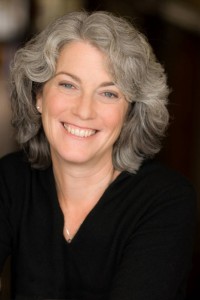 About the Author:
About the Author:
 About the Author:
About the Author: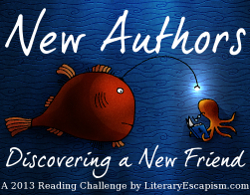


 About the Author:
About the Author: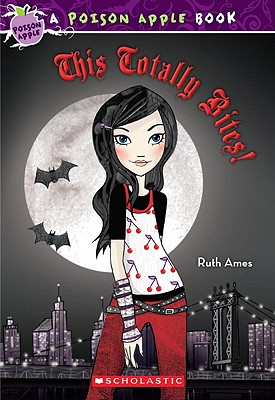


 About the Editor:
About the Editor: